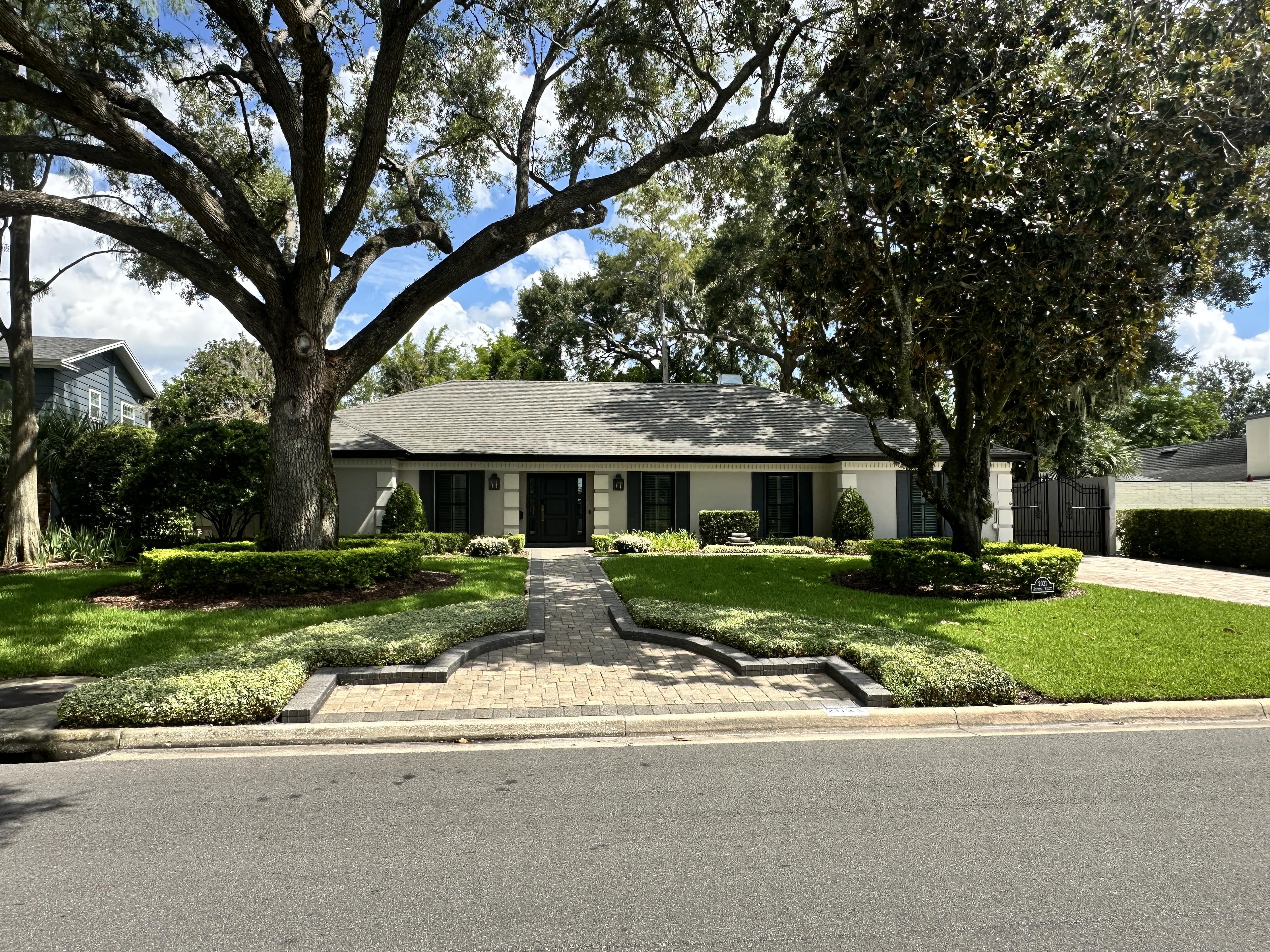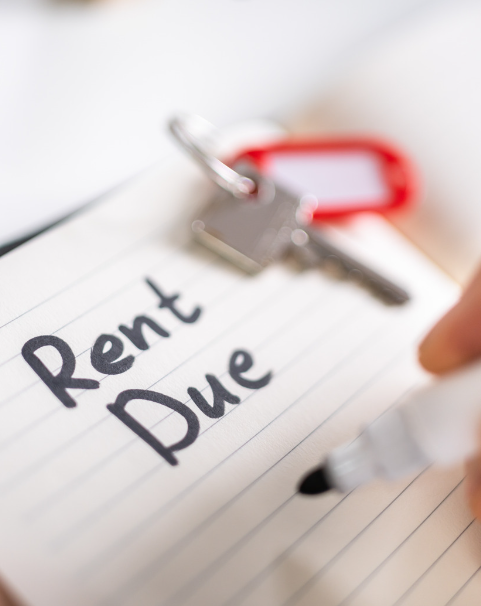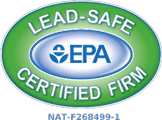By Francisco Nieves-Taranto - Saturday, January 24, 2026
Property Management Blog
By Francisco Nieves-Taranto - Monday, September 15, 2025
How to Navigate Being a Landlord in an HOA Community
By Francisco Nieves-Taranto - Monday, July 7, 2025
Security Deposit is on ESCROW, but what is that or what it actually means?
By Francisco Nieves-Taranto - Tuesday, June 3, 2025
The Ultimate Guide to Preparing Your Central Florida Rental Property for New Tenants
By Francisco Nieves-Taranto - Monday, March 24, 2025
Evictions in Florida
By Francisco Nieves-Taranto - Wednesday, February 12, 2025
Clermont: A growing Community with Endless possibilities
By System - Friday, January 24, 2025
Avoid Costly Mistakes: Essential Maintenance for Single-Family Rentals
By Savanna Westwood - Friday, January 17, 2025
How to Help Your Dog Settle in Your New Home
By System - Monday, June 24, 2024
The Cost of Property Management Services: What to Expect and Why It's Worth It
By System - Tuesday, June 11, 2024
The Myth of "I Have a Few Days to Pay the Rent"
Showing 1- 10 of 45
Areas Served
- Orlando
- Windermere
- Winter Park
- Maitland
- Lake Nona
- Dr. Phillips
- Winter Garden
- Ocoee
- Clermont
- Celebration
- Davenport
- Kissimmee
- Apopka
- Oviedo
- Casselberry
- Altamonte Springs
- Longwood
- Lake Mary













